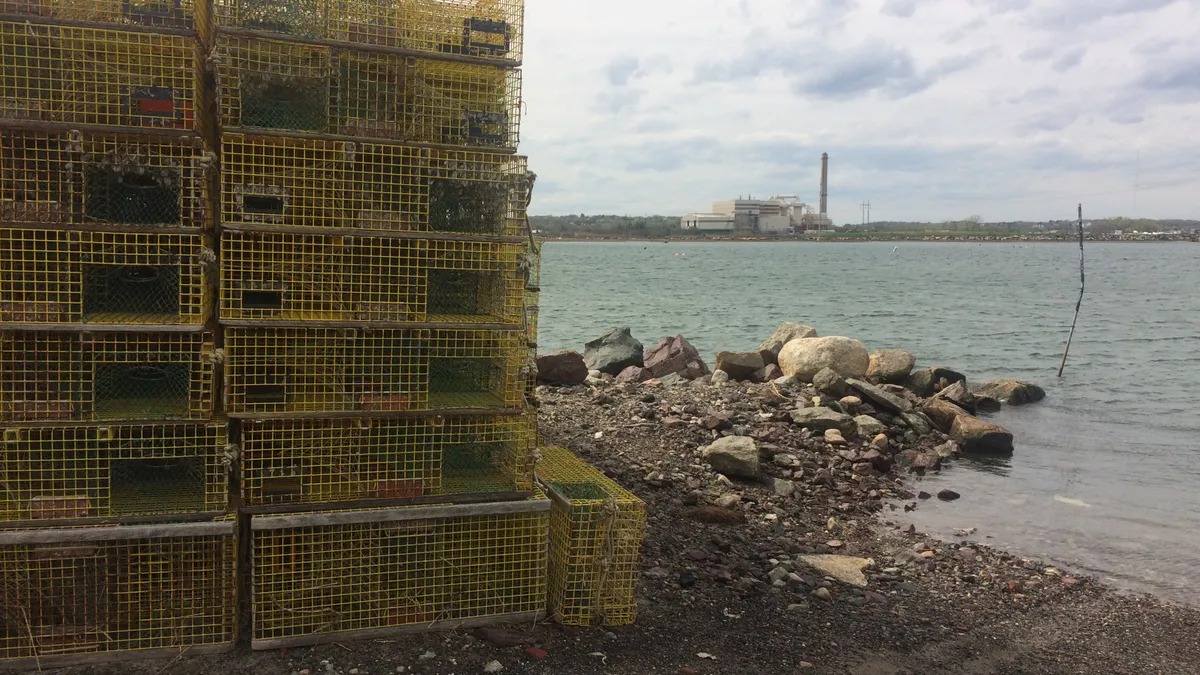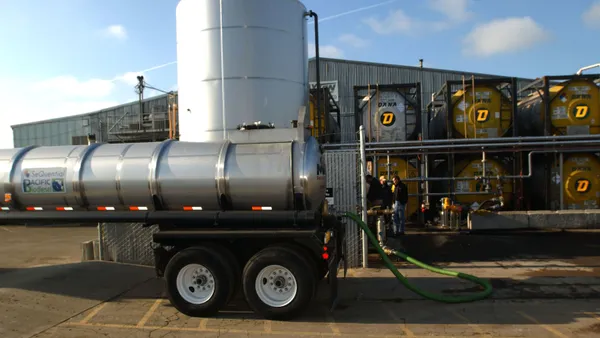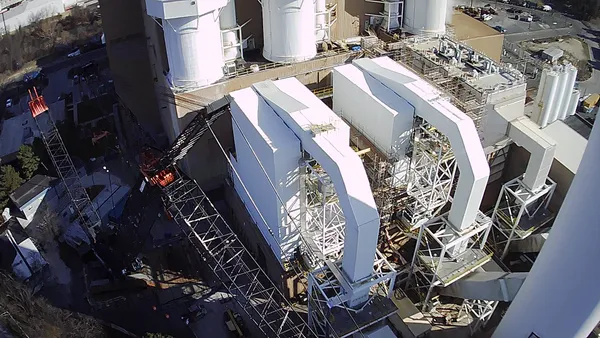Dive Brief:
- The Conservation Law Foundation (CLF) filed a notice of intent to sue Wheelabrator over alleged violations of the Resource Conservation & Recovery Act (RCRA) and the Clean Water Act at a 140-acre ash monfill adjacent to the company's waste-to-energy facility in Saugus, MA.
- According to CLF, this landfill is leaching pollutants into the Saugus and Pines Rivers, operating without a National Pollutant Discharge Elimination System and not conducting regular groundwater monitoring. They aim to stop Wheelabrator from using or expanding the site until groundwater monitoring equipment is installed and data shows the site is in compliance. CLF is also seeking declaratory relief, civil penalties and various legal fees.
- Wheelabrator refuted these claims in an emailed statement. "The assertions by CLF are false, demonstrate a lack of understanding of the regulations and appear to be designed only to interfere with Wheelabrator Technologies’ application with the state Department of Environmental Protection to continue operating the monofill," said Peter Kendrigan, general manager of Wheelabrator Saugus. "Protecting public health and the environment is our highest priority and we operate in a manner that is protective of the environment. We are in full compliance with stringent state and federal air, water and solid waste regulation, and our operating permits have been maintained and renewed without exception in Saugus."
Dive Insight:
Massachusetts environmental groups are opposed to WTE facilities, but this one has been a particular point of contention for years. The site was first used for solid waste disposal starting around 1950 until the WTE facility became operational in 1975 and started covering the initial layer with ash. Once scheduled to close by the end of 1996 per a state order, the site has since received multiple expansion approvals. It is currently projected to reach capacity as soon as July.
Last month, Wheelabrator applied for a new expansion permit from the state's Department of Environmental Protection that would add an estimated five more years of capacity. They also applied for a second permit that would allow them to transfer ash off-site in the event that capacity is reached before DEP makes a decision — which is expected to take multiple months — or their expansion request is denied. In the meantime, this site continues to be a key talking point in discussions about statewide solid waste policy and is often held up as an example of WTE's dangers by opponents of the practice. Wheelabrator's Saugus plant is one of the oldest in the country and its location in the Rumney Marsh — a federally recognized "area of critical environmental concern" — has raised questions about resilience to rising sea levels.
Yet the facility's estimated 1,500 tons per day of capacity is a main piece of the region's disposal infrastructure, serving Boston and many other municipalities. This is also the case in Baltimore, where advocates are working to shut down another Wheelabrator facility. Both cities are in the early stages of developing "zero waste" plans, though neither of them have identified a near-term solution for how to divert the tonnage currently handled by WTE. The potential closure of Wheelabrator's Saugus ash landfill, due to legal action or permit denial, could add more urgency to that conversation for many local governments in the Greater Boston area.















